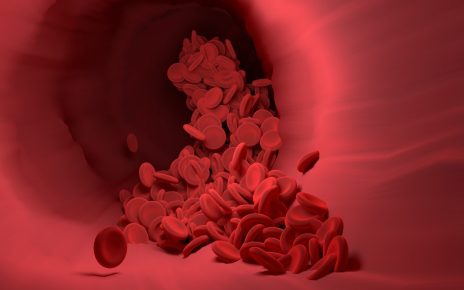Dr Hilary issues warning about missed dementia diagnoses
We use your sign-up to provide content in ways you’ve consented to and to improve our understanding of you. This may include adverts from us and 3rd parties based on our understanding. You can unsubscribe at any time. More info
Although there is no cure for dementia at the moment, an early diagnosis means its progress can be slowed down in some cases, so the person may be able to maintain their mental function for longer, says the NHS.
The Mayo Clinic has outlined a number of potential psychological changes, which may indicate dementia.
These include personality changes, depression, anxiety and inappropriate behaviour.
Other signs are paranoia, agitation and hallucinations.
“See a doctor if you or a loved one has memory problems or other dementia symptoms. Some treatable medical conditions can cause dementia symptoms, so it’s important to determine the cause,” says the site.

As well as personality changes and memory loss, other people may experience difficulty concentrating or find it hard to carry out familiar daily tasks.
Some people may find that they are struggling to follow a conversation or find the right word or being confused about time and place.
Research shows there are more than 850,000 people in the UK who have dementia. One in 14 people over the age of 65 have dementia, and the condition affects one in six people over 80.
As the UK population ages, it is perhaps unsurprising that it is estimated that by 2025, the number of people with dementia in the UK will be more than one million.
Common symptoms of Alzheimer’s disease also include difficulty with numbers and handling money in shops or becoming more withdrawn or anxious.
Alzheimer’s disease accounts for 60 to 80 percent of cases, according to the Alzheimer’s Association.
Another possible sign of Alzheimer’s disease is when the person finds it difficult to recognise objects, or to judge speed or distance.
Alzheimer’s can also cause the person to lose interest in activities they once enjoyed.

There are more than 100 types of dementia and many of the symptoms overlap so it can be hard to identify the specific form of brain decline one has.
If memory loss begins to affect daily life, it is recommended that you speak with your GP.
The NHS says: “As dementia affects a person’s mental abilities, they may find planning and organising difficult. Maintaining their independence may also become a problem.”
The symptoms of dementia usually become worse over time.

Dementia is caused by changes in the brain. These happen because of the disease.
According to the Alzheimer’s Society there are reasons why a person might be more likely to get dementia.
“These risks are getting older, genes, injury, health and lifestyle (for example, physical activity, diet, alcohol and smoking),” it says.
The charity adds that although dementia shortens how long a person will live for, people can live with it for many years.
Source: Read Full Article



